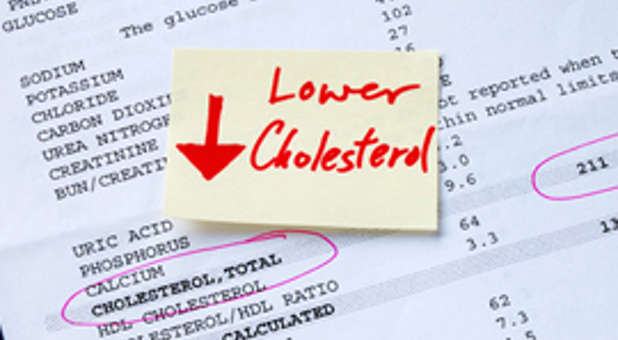Does Raising Your ‘Good’ Cholesterol Really Matter?
For decades, studies have found that people with naturally high levels of HDL cholesterol tend to live longer and have less risk for heart disease and heart attacks. The reason for this was thought to be what was called the “good HDL fraction.”
Naturally, much research focused on learning how to raise it.
Unfortunately, it turns out to be far easier to lower LDL cholesterol than to raise HDL cholesterol. And now researchers are questioning whether they should be concentrating on this at all.
Questions about the role that HDL plays in heart disease began in 2006, when the development of a drug that could raise HDL was halted after researchers found it increased the risk of death.
Then last year, scientists announced that they were halting a study of an extended form of niacin, one of the only substances found to raise HDL cholesterol, because patients taking it along with a cholesterol-lowering statin fared no better, or perhaps even slightly worse, than those not taking the statin drug at all.
Now, a study published in The Lancet has looked at individuals who were born with a gene that provided them with higher-than-normal HDL.
The researchers expected to find that these individuals had a 13 percent lower risk of a heart attack, but they were surprised to find that these study participants had the same heart disease risk as those who did not have the gene.
While these studies are causing us to rethink the role of HDL, and may result in less focus on how to raise it, they do not cast doubt on the role that LDL-cholesterol plays.
LDL cholesterol remains the “bad” cholesterol. You should absolutely continue to focus on lowering that type of cholesterol.
Chauncey W. Crandall, M.D., F.A.C.C., chief of the cardiac transplant program at the world-renowned Palm Beach Cardiovascular Clinic in Palm Beach Gardens, Florida, practices interventional, vascular and transplant cardiology. Dr. Crandall received his postgraduate training at Yale University School of Medicine, where he also completed three years of research in the cardiovascular surgery division. Known as the “Christian physician,” Dr. Crandall has been heralded for his values and message of hope to all his heart patients.
For the original article, visit chaunceycrandall.com.














































